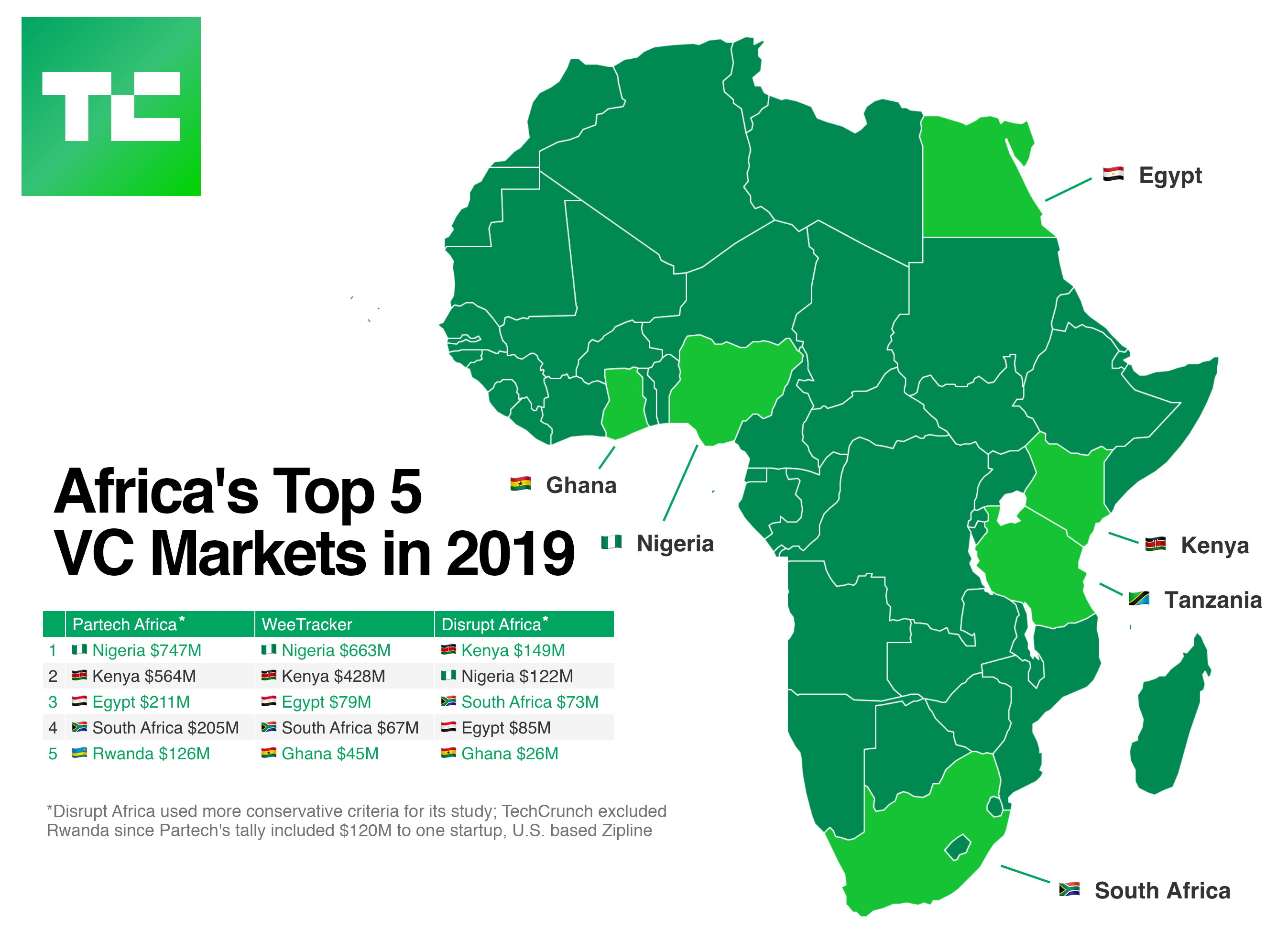Affirm, a consumer finance business founded by PayPal mafia member Max Levchin, filed to go public this afternoon.
The company’s financial results show that Affirm, which doles out personalized loans on an installment basis to consumers at the point of sale, has an enticing combination of rapidly expanding revenues and slimming losses.
Growth and a path to profitability has been a winning duo in 2020 as a number of unicorns with similar metrics have seen strong pricing in their debuts, and winsome early trading. Affirm joins DoorDash and Airbnb in pursuing an exit before 2020 comes to a close.
Let’s get a scratch at its financial results, and what made those numbers possible.
Affirm’s financials
Affirm recorded impressive historical revenue growth. In its 2019 fiscal year, Affirm booked revenues of $264.4 million. Fast forward one year and Affirm managed top line of $509.5 million in fiscal 2020, up 93% from the year-ago period. Affirm’s fiscal year starts on July 1, a pattern that allows the consumer finance company to fully capture the U.S. end-of-year holiday season in its figures.
The San Francisco-based company’s losses have also narrowed over time. In its 2019 fiscal year, Affirm lost $120.5 million on a fully-loaded basis (GAAP). That loss slightly fell to $112.6 million in fiscal 2020.
More recently, in its first quarter ending September 30, 2020, Affirm kept up its pattern of rising revenues and falling losses. In that three-month period, Affirm’s revenue totaled $174.0 million, up 98% compared to the year-ago quarter. That pace of expansion is faster than the company managed in its most recent full fiscal year.
Accelerating revenue growth with slimming losses is investor catnip; Affirm has likely enjoyed a healthy tailwind in 2020 thanks to the COVID-19 pandemic boosting ecommerce, and thus gave the unicorn more purchase in the realm of consumer spend.
Again, comparing the company’s most recent quarter to its year-ago analog, Affirm’s net losses dipped to just $15.3 million, down from $30.8 million.
Affirm’s financials on a quarterly basis — located on page 107 of its S-1 if you want to follow along — give us a more granular understanding of how the fintech company performed amidst the global pandemic. After an enormous fourth quarter in calendar year 2019, growing its revenues to $130.0 million from $87.9 million in the previous quarter, Affirm managed to keep growing in the first, second, and third calendar quarters of 2020. In those periods, the consumer fintech unicorn recorded a top line of $138.2 million, $153.3 million, and $174 million, as we saw before.
Perhaps best of all, the firm turned a profit of $34.8 million in the quarter ending June 30, 2020. That one-time profit, along with its slim losses in its most recent period make Affirm appear to be a company that won’t hurt for future net income, provided that it can keep growing as efficiently as it has recently.
The COVID-19 angle
The pandemic has had more impact on Affirm than its raw revenue figures can detail. Luckily its S-1 filing has more notes on how the company adapted and thrived during this Black Swan year.
Certain sectors provided the company with fertile ground for its loan service. Affirm said that it saw an increase in revenue from merchants focused on home-fitness equipment, office products, and home furnishings during the pandemic. For example, its top merchant partner, Peloton, represented approximately 28% of its total revenue for the 2020 fiscal year, and 30% of its total revenue for the three months ending September 30, 2020.
Peloton is a success story in 2020, seeing its share price rise sharply as its growth accelerated across an uptick in digital fitness.
Investors, while likely content to cheer Affirm’s rapid growth, may cast a gimlet eye at the company’s dependence for such a large percentage of its revenue from a single customer; especially one that is enjoying its own pandemic-boost. If its top merchant partner losses momentum, Affirm will feel the repercussions, fast.
Regardless, Affirm’s model is resonating with customers. We can see that in its gross merchandise volume, or total dollar amount of all transactions that it processes.
GMV at the startup has grown considerably year-over-year, as you likely expected given its rapid revenue growth. On page 22 of its S-1, Affirm indicates that in its 2019 fiscal year, GMV reached $2.62 billion, which scaled to $4.64 billion in 2020.
Akin to the company’s revenue growth, its GMV did not grow by quite 100% on a year-over-year basis. What made that growth possible? Reaching new customers. As of September 30, 2020, Affirm has more than 3.88 million “active customers,” which the company defines as a “consumer who engages in at least one transaction on our platform during the 12 months prior to the measurement date.” That figure is up from 2.38 million in the September 30, 2019 quarter.
The growth is nice by itself, but Affirm customers are also becoming more active over time, which provides a modest compounding effect. In its most recent quarters, active customers executed an average of 2.2 transactions, up from 2.0 in third quarter of calendar 2019.
Also powering Affirm has been an ocean of private capital. For Affirm, having access to cash is not quite the same as a strictly-software company, as it deals with debt, which likely gives the company a slightly higher predilection for cash than other startups of similar size.
Luckily for Affirm, it has been richly funded throughout its life as a private company. The fintech unicorn has raised funds well in excess of $1 billion before its IPO, including a $500 million Series G in September of 2020, a $300 million Series F in April of 2019, and a $200 million Series E in December of 2017. Affirm also raised more than $400 million in earlier equity rounds, and a $100 million debt line in late 2016.
What to make of the filing? Our first-read take is that Affirm is coming out of the private markets as a healthier business than the average unicorn. Sure, it has a history of operating losses and not yet proven its ability to turn a sustainable profit, but its accelerating revenue growth is promising, as are its falling losses.
More tomorrow, with fresh eyes.






